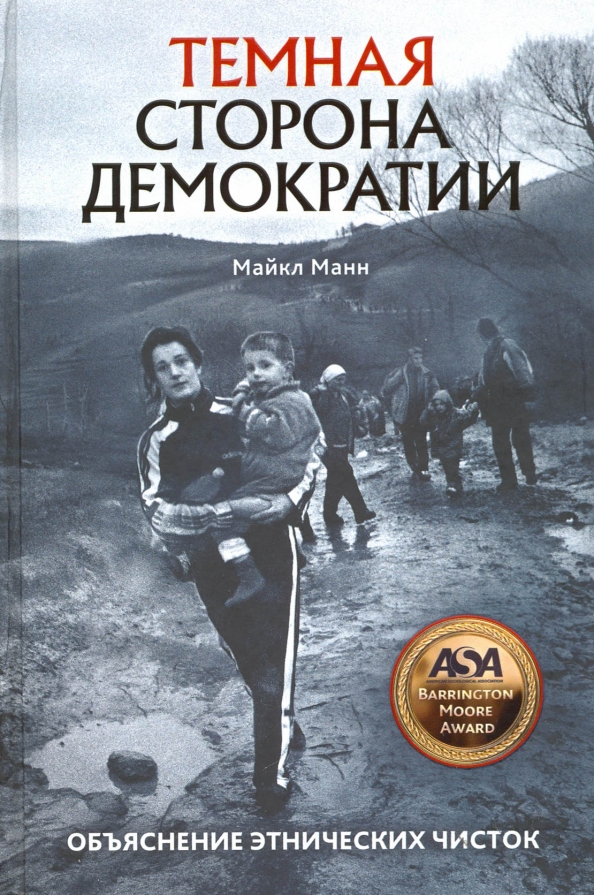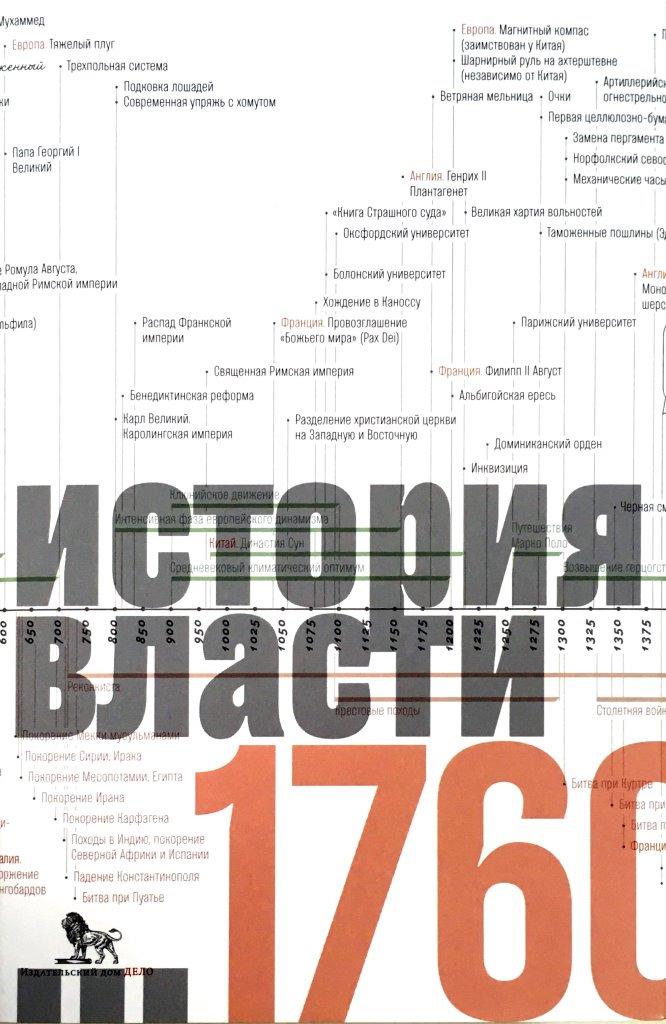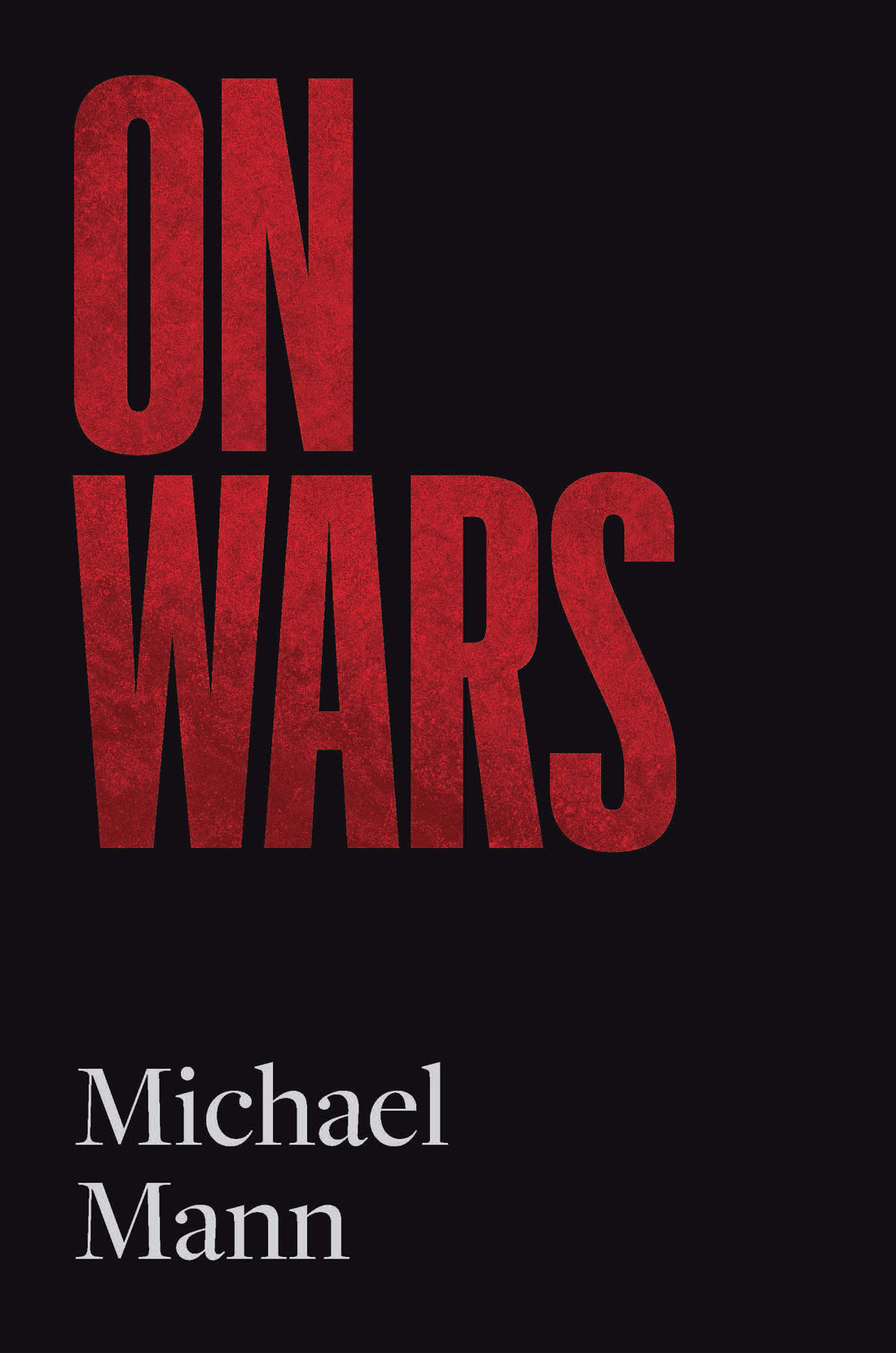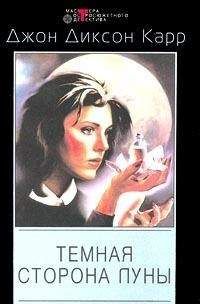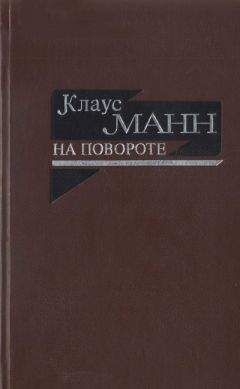II: The Rise of Classes and Nationstates, 1760–1914. Cambridge: Cambridge University Press.
Mann, M. 1995. “Sources of Variation in Working Class Movements in Twentieth-Century Europe”. New Left Review, no. 212.
Mann, M. 1997. “The Contradictions of Continuous Revolution”, in I. Kershaw & M. Lewin (eds.), Stalinism and Nazism.
Mann, M. 2000. “Were the Perpetrators of Genocide ‘Ordinary Men’ or ‘Real Nazis’? Results from Fifteen Hundred Biographies”. Holocaust and Genocide Studies, vol. 14.
Mann, M. 2003. Incoherent Empire. London: Verso.
Mann, M. 2004. Fascists. Cambridge: Cambridge University Press.
Manning, R. 1993. “The Great Purges in a Rural District: Belyi Raion Revisited”, in Getty & Manning (eds.), Stalinist Terror.
Marashlian, L. 1999. “Finishing the Genocide: Cleansing Turkey of Armenian Survivors, 1920–1923”, in Hovannisian (ed.), The Armenian Genocide in Perspective.
Mardin, S. 1971. “Ideology and Religion in the Turkish Revolution”. International Journal of Middle Eastern Studies, vol. 2.
Margolin, J.-L. 1999a. “China: A Long March into Night”, in Courtois et al. (eds.), The Black Book of Communism.
Margolin, J.-L. 2000. “Du cas cambodgien comme enjeu et comme révélateur”. Communisme, nos. 59–60.
Markus, A. 1994. Australian Race Relations 1788–1993. St. Leonard’s, N.S. W.: Allen & Unwin.
Markusen, E., & Kopf, D. 1995. The Holocaust and Strategie Bombing: Genocide and Total War in the Twentieth Century. Boulder, Colo.: Westview.
Marrus, M. (ed.) 1989. The Nazi Holocaust 4. The “Final Solution” Outside Germany, Vol. I. Westport, Conn.: Meckler.
Marrus, M. 1985. The Unwanted: European Refugees in the Twentieth Century. New York: Oxford University Press.
Marrus, M. 1987. The Holocaust in History. Harmondsworth, Middlesex, England: Penguin.
Marty, M., & Appleby, R. (eds.) 1991. Fundamentalisms Observed. Chicago: University of Chicago Press.
Matthäus, J. 1996. “What About the ‘Ordinary Men’? The German Order Police and the Holocaust in the Occupied Soviet Union”. Holocaust and Genocide Studies, vol. 10.
Mayer, A. 2000. The Furies: Violence and Terror in the French and Russian Revolutions. Princeton, N.J.: Princeton University Press.
Mayer, A.J. 1990. Why Did the Heavens Not Darken? London: Verso.
Mazower, M. 1993. Inside Hitler’s Greece. New Haven, Conn.: Yale University Press.
Mbonimpa, M. 1999. “Le Rwanda n’est pas une île”, expert evidence given at the Rutaganda trial. Ubutabera, no. 59, April 12.
McCarthy, J. 1983. Muslims and Minorities: The Population of Ottoman Anatolia and the End of Empire. New York: New York University Press.
McCarthy, J. 1995. Death and Exile: The Ethnic Cleansing of Ottoman Muslims, 1821–1922. Princeton, N.J.: Darwin Press.
McGreal, C. 1999a. “We Saw Killers Treated as Heroes”. The Observer (London), March 7.
McGreal, C. 1999b. “Lives Discarded to Save Face”. The Observer (London), April 4.
McKenzie, J. 1995. War Criminals in Canada. Calgary: Detselig Enterprises.
McQueen, M. 1998. “The Context of Mass Destruction: Agents and Prerequisites of the Holocaust in Lithuania”. Holocaust and Genocide Studies, vol. 12.
Melson, R. 1992. Revolution and Genocide: On the Origins of the Armenian Genocide and the Holocaust. Chicago: University of Chicago Press.
Melvern, L. 2000. A People Betrayed: The Role of the West in Rwanda’s Genocide. London: Zed Books.
Mendelsohn, E. 1983. The Jews of East Central Europe Between the World Wars. Bloomington: University of Indiana Press.
Mendelsohn, E. 1920. Les Arméniens d’Angora déportés et massacrés. Le Caire: Hindié.
Merdjimékian, P. 1919. Les Mémoires de ma vie de déporté. Aleppo: As-sabat J. Adjami.
Merkl, P. 1975. Political Violence Under the Swastika. Princeton, N.J.: Princeton University Press.
Mestrovic, S. (ed.). (1996). Genocide After Emotion: The Postemotional Balkan War. London: Routledge.
Michaelis, M. 1995. “The Current Debate Over Fascist Racial Policy”, in R. Wistrich & S. DellaPergola (eds.), Fascist Antisemitism and the Italian Jews. Jerusalem: Vidal Sassoon International Center.
Mihajlovic, S., et al. 1991. Of izbornih rituala do slobonih izbora (From Electoral Rituals to Free Elections). Belgrade: University of Belgrade, Center for Political Research and Public Opinion.
de Mildt, D. 1996. In the Name of the People: Perpetrators of Genocide in the Reflection of their Post-War Prosecution in West Germany: The Euthanasia’ and Aktion Reinhard’ Trial Cases. The Hague: Nijhoff.
Milgram, S. 1974. Obedience to Authority: An Experimental View. New York: Harper&Row.
Milicevic, A. Forthcoming “Joining Serbia’s Wars: Volunteers and DraftDodgers”. Ph.D. dissertation, UCLA.
Miller, D., & Miller, L. 1993 Survivors: An Oral History of the Armenian Genocide. Berkeley & Los Angeles: University of California Press.
Mirkovic, D. 1993. “Victims and Perpetrators in the Yugoslav Genocide 1941–1945”. Holocaust and Genocide Studies, vol. 7.
Misiunas, R., & Taagepera, R. 1993. The Baltic States: Years of Dependence, 2nd ed. London: Hurst.
Molnar, J. 1997. “Local Administration and the Holocaust in 5th Szeged Gendarmerie District” (in Magyar), in Braham & Pok (eds.), The Holocaust in Hungary.
Mommsen, H. 1991. From Weimar to Auschwitz. Princeton, N.J.: Princeton University Press.
Mommsen, H. 1997. “Cumulative Radicalisation and Progressive Self-Destruction as Structural Determinants of the Nazi Dictatorship”, in Kershaw & Lewin (eds.), Stalinism and Nazism.
Montville, J. (ed.) 1990. Conflict and Peacemaking in Multiethnic Societies. Lexington, Mass.: Lexington.
Moore, B., Jr. 2000. Moral Purity and Persecution in History. Princeton, N.J.: Princeton University Press.
Morgenthau, H. 1918. Ambassador Morgenthau’s Story. Garden City, N.Y: Doubleday, Page & Co.
Motyl, A. 1980. The Turn to the Right: The Ideological Origins and Development of Ukrainian Nationalism, 1919–1929. New York: Columbia University Press.
Mueller, J. 2000. “The Banality of ‘ethnic war’”. International Security, vol. 25.
Müller-Hill, В. 1988. Murderous Science: Elimination by Scientific Selection of Jews, Gypsies and Others, Germany 1933–1945. Oxford: Oxford University Press.
Musial, B. 1999. Deutsche Zivilverwaltung und Judenverfolgung im Generalgouvernement. Wiesbaden: Harrassowitz.
Nagy-Talavera, N. 1997. “Laszlo Endre: The Frontrunner of the Final Solution in Hungary”, in Braham & Pok (eds.), The Holocaust in Hungary.
Naimark, N. 2001. Fires of Hatred: Ethnic Cleansing in Twentieth-Century Europe. Cambridge, Mass.: Harvard University Press. [Русское издание: Неймарк H. Пламя ненависти. Этнические чистки в Европе XX века / Пер. с англ. И. Давидян. М.: АИРО-XX; Дмитрий Буланин, 2005.]
Nardini, L. 1983. “The Political Programme of President Tiso”, in S. Kirschbaum (ed.), Slovak Politics. Cleveland: The Slovak Institute.
Nash, G. 1992. Red, White and Black: The Peoples of Early North America, 3rd ed. Englewood Cliffs, N.J.: Prentice
